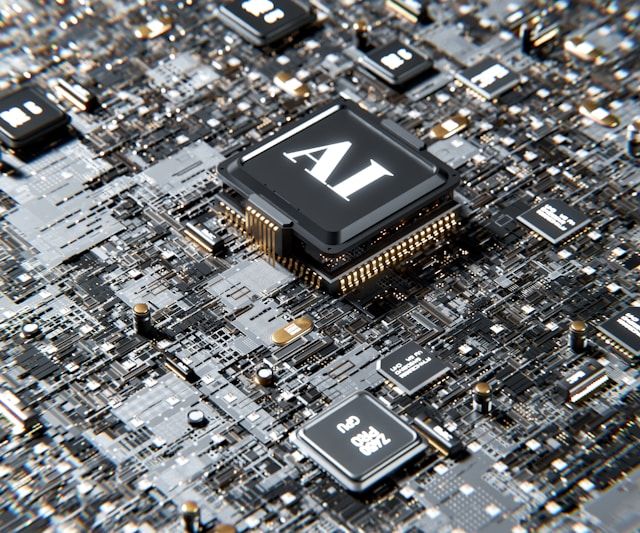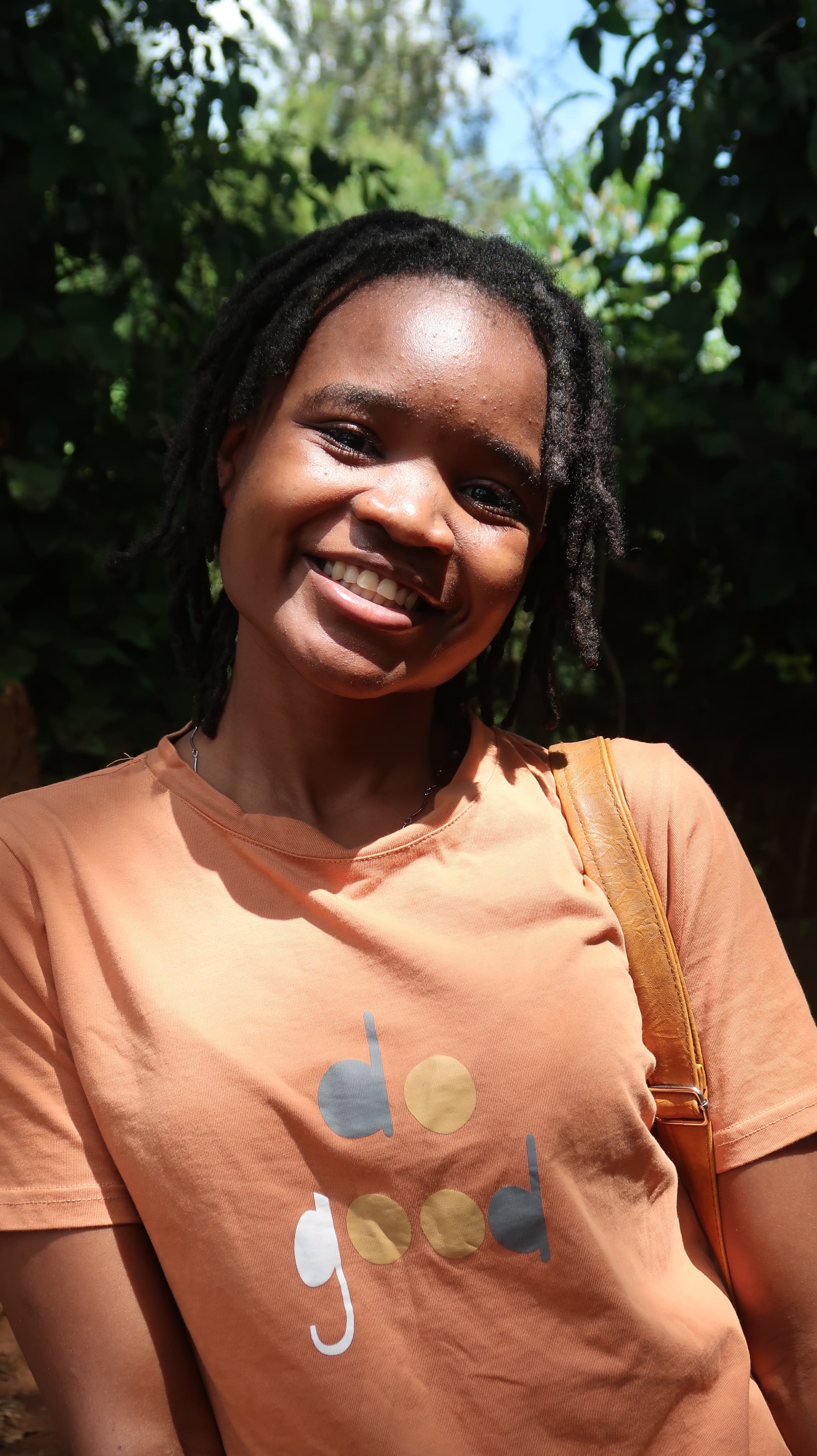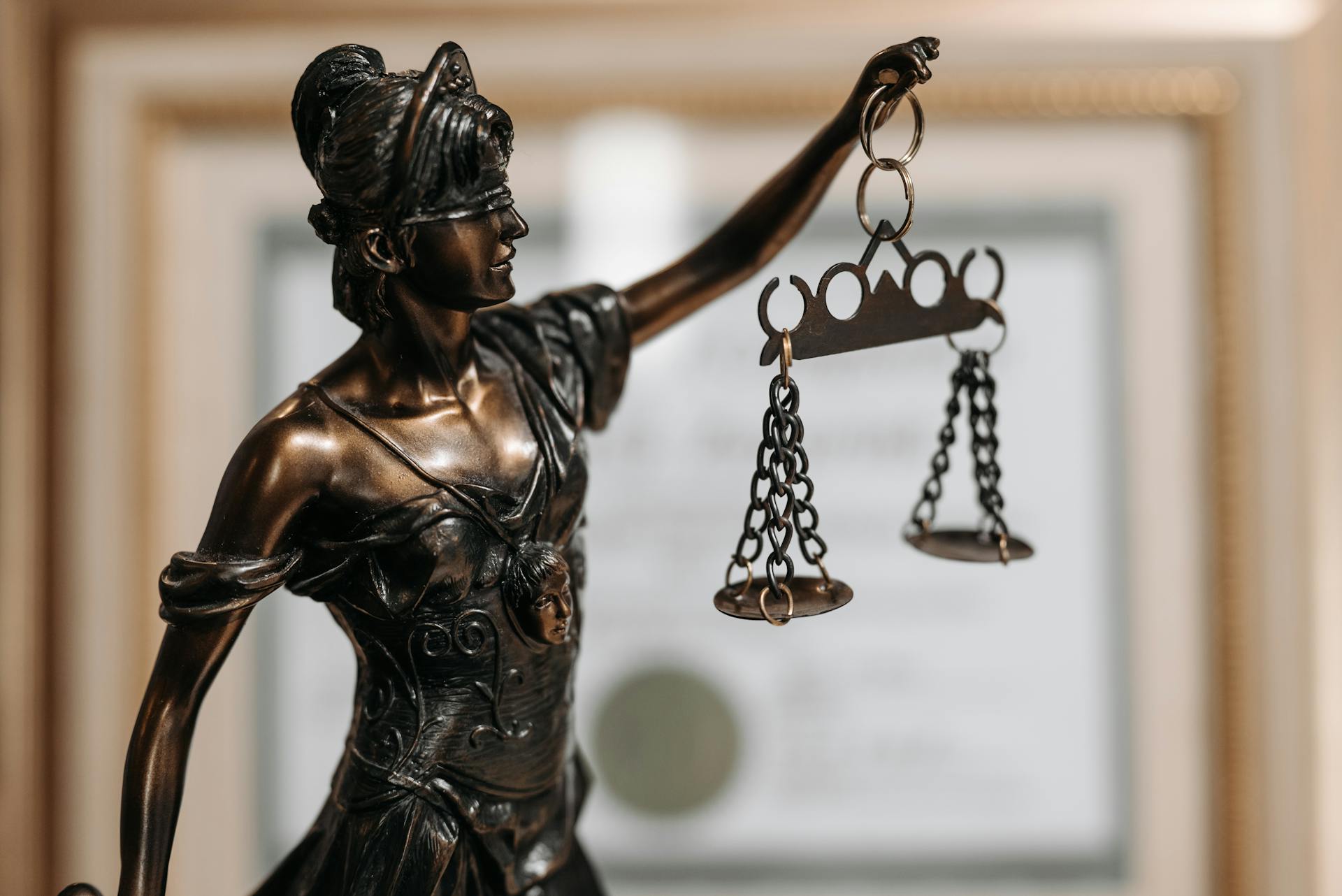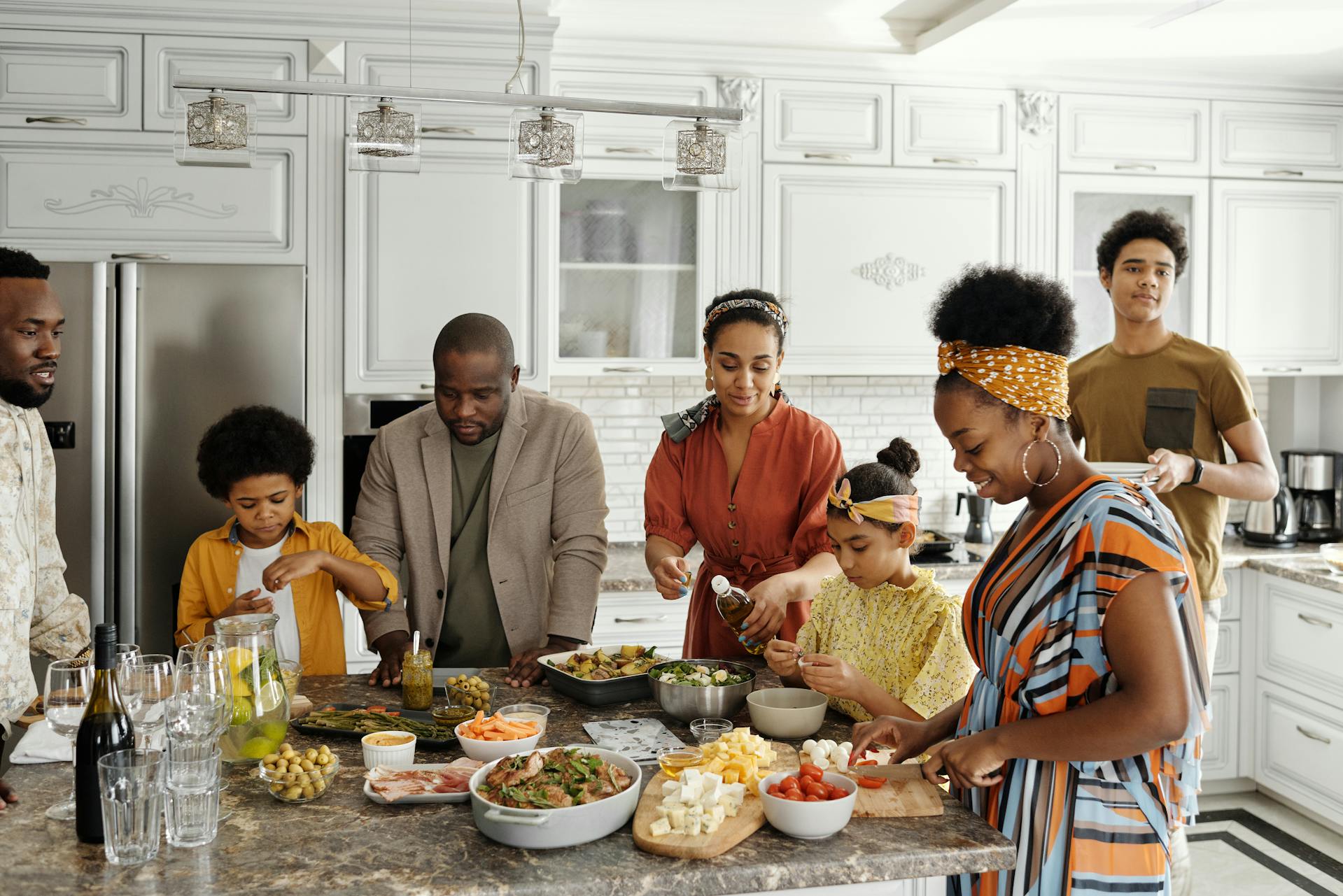When ChatGPT was launched on November 30, 2022, I was sceptical about it. Like any other writer, I cringed anytime someone told me how Chat GPT had helped them write something. However, when I looked at the writing generated, expecting to find flaws, I would instead be surprised by an actual good piece of writing.

And then the speculations started spreading. Was AI a blessing or a curse on creative writers? Was it here to make our lives better or take over our jobs, our creativity, and our humanity? This was the discussion in every space, especially creative spaces where creatives worried about their authentic expression and the threat that AI posed to it.
Months later, this question was half-answered when claims about AI-generated pieces of art – poems, stories, essays, digital paintings, songs – made their way into creative platforms. Naturally, the institutions in charge of these spaces frowned upon these pieces, often stating that they would not accept or entertain any AI-generated work submitted to them.
This is understandable. As an industry that majorly thrives on the human emotional connection, using AI, an intangible piece of technology for a creative project, seemed like using a cheat sheet, only worse. It was like committing forgery.
And yet, when AI like Lensa and AI Gahaku, the former which allows you to generate an artistic avatar form of yourself and the latter which allows you to create a classic masterpiece art piece of your image, were launched, the general public was thrilled. With just the click of a few buttons, they could generate images that would have otherwise required them to consult artists and wait for weeks on end for the result they wanted.
The artists, on the other hand, were understandably not pleased. It felt like the answer to the question – Was AI taking over? – was a straightforward yes. Matters became worse when some artists claimed that the images generated by AI had striking similarities with their original elements of style.
When they attempted to take the matter up with the copyright law, however, the AI companies in question stated that AI creates portraits just as a human would – by learning different artistic styles.
This argument held water because it's true – the companies never claimed that AI was intelligent enough to create its own images. In fact, the entire basis of AI is that it mimics human intelligence by using the digital datasets provided to it to either generate ideas or make decisions. If they copied some artistic elements from the creators, that’s because it’s their job to do so.
So why did it still feel like a violation?
The fine line
There’s a fine line between AI simply being a copycat and it being a marvellous technological advancement fit to be celebrated. In essence, AI – like ChatGPT – can produce results because of the massive information already provided.
This information is provided by us, the humans who in this day and age, digitise every bit of information that comes our way. When AI generates the ideas back to us, it does so in a way that we can understand and interpret. It’s almost like copying everything we do and pasting it back to us.
As a technological advancement, this is huge, but in the humanity angle, it’s scary. Movies and TV shows like Black Mirror, I Am Mother and Westworld, whose main storylines focus on the negative effects of AI taking over, exist to warn us of the imaginary adverse implications of letting AI into our lives.
Personally, I think we are worried about the wrong thing. The question should not be if AI takes over – it’s already here and it’s already taking over – but rather, the question should be, what is AI taking over?
When AI companies launch their products, their main mission statement is usually that these products are helping humans with their rather menial tasks. Chatbots like ChatGPT help us communicate our ideas better, image generation tools like Midjourney help us create more stunning images, and grammar checkers and rewording tools like Grammarly help us write better sentences.
When we question what AI is taking over, it’s these tasks that are otherwise strenuous to us that we should focus on. AI exists because we exist, and it feeds on the data we provide. The possibility of it completely taking over is minimal because to do that, it will have to completely assume a human personality and think for itself. Right now, however, it hasn’t yet, and so it can only take over the tasks we demand from it.
The intersection between creativity and AI
Bringing the argument back to creativity, AI cannot yet create anything, only humans can. The reason creative industries frown upon AI-generated art is because these pieces try to be passed off as original, and yet when it really comes down to it, are they really original?
Someone would argue that yes, they are. Think about it. As a painter, poet or writer, how did you learn to perfect your craft? It was most likely by learning from your predecessors in the field you are in, right? So then, when you create a piece, does that mean it’s not original because you used a style you borrowed from another artist?
As much as this argument is solid, it also has some flaws, the top one being that AI is essentially not human. If we begin to give credit to work produced by a machine, creative work that should be generated entirely out of human emotional curiosity, then all we will be doing is redefining and undermining what it means to be human and to have a holistic human experience that can be translated into art.
But wait. There also exists an entirely complete section of creatives who integrate AI into their work. Creators who understand that AI is here to stay, and instead of criticising it or deciding to ignore its existence, they have instead opted to use it to their advantage. For these creatives, AI has become a tool at their disposal not to rival their creativity but to add some flair to it. They are proof that AI and creativity can indeed co-exist and thrive simultaneously.
Whether these creators have cracked the code or are fuel to the imagined downfall of humanity, if AI does take over, is a debate yet to be settled. But as for now, we have no other choice but to let it all play out, and hope that there will not come a time when our creativity is completely compromised by AI.





